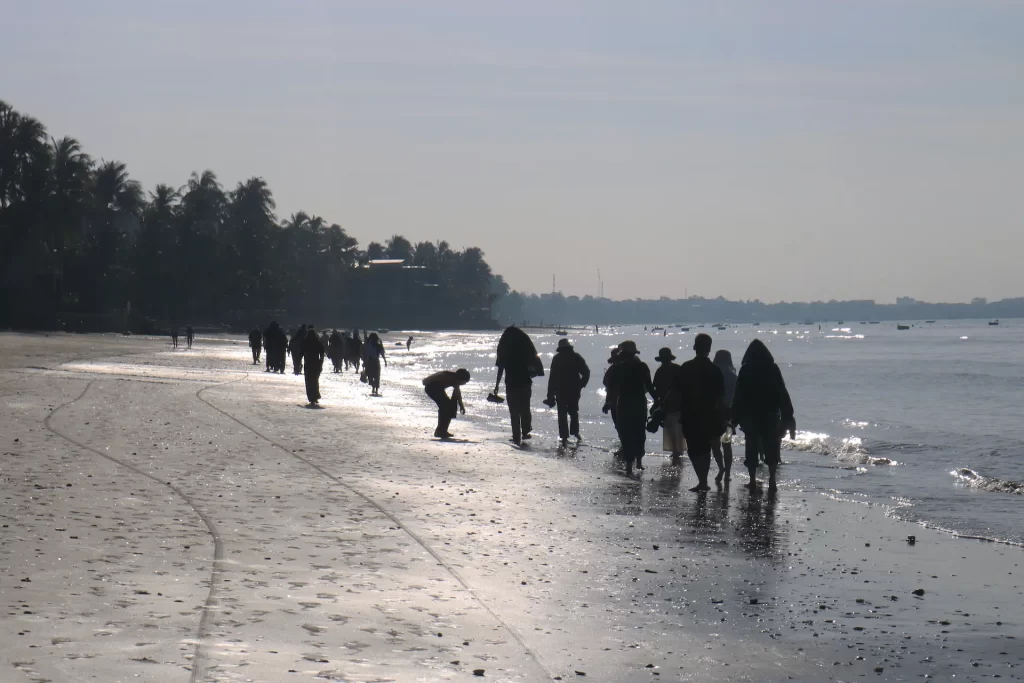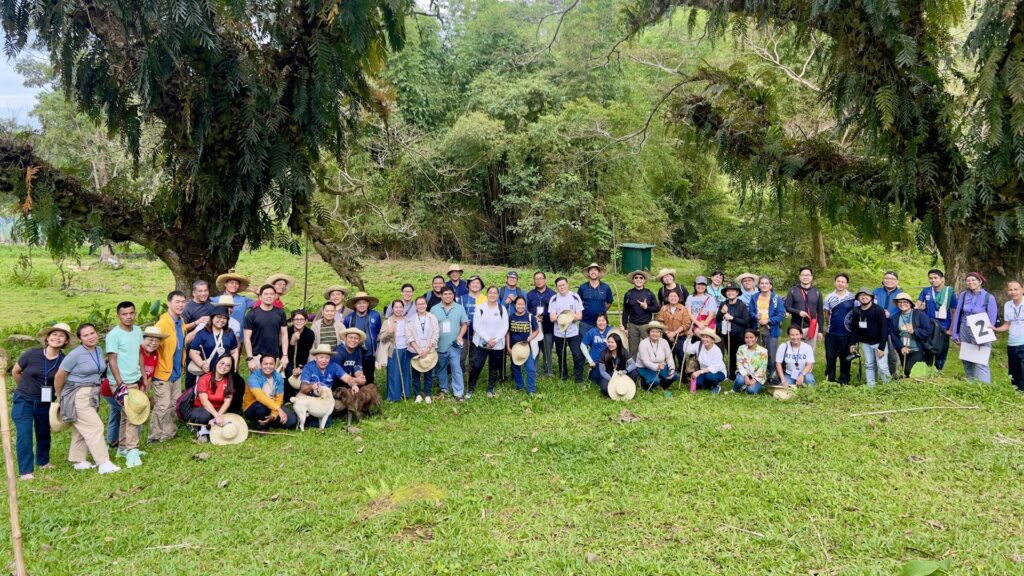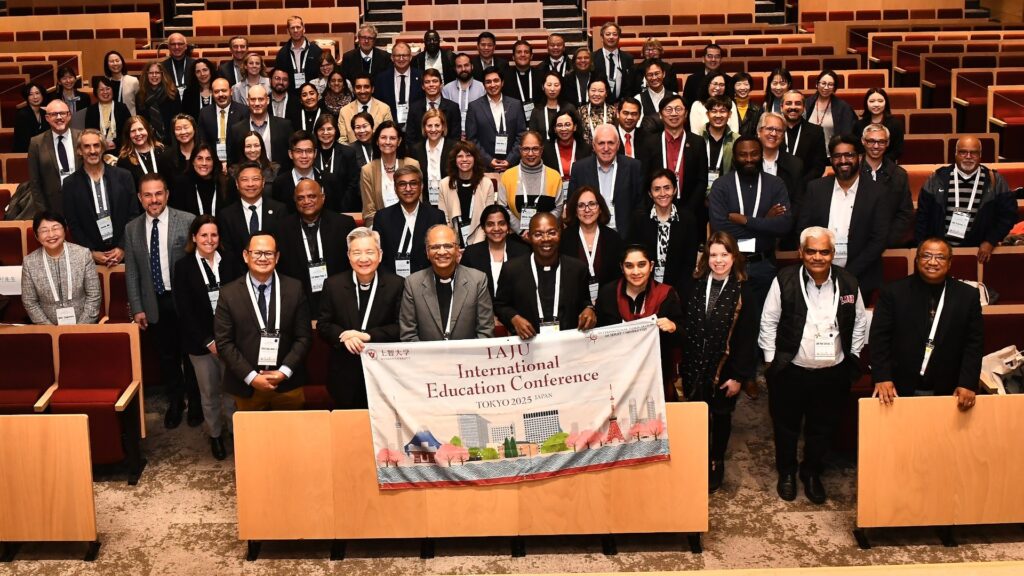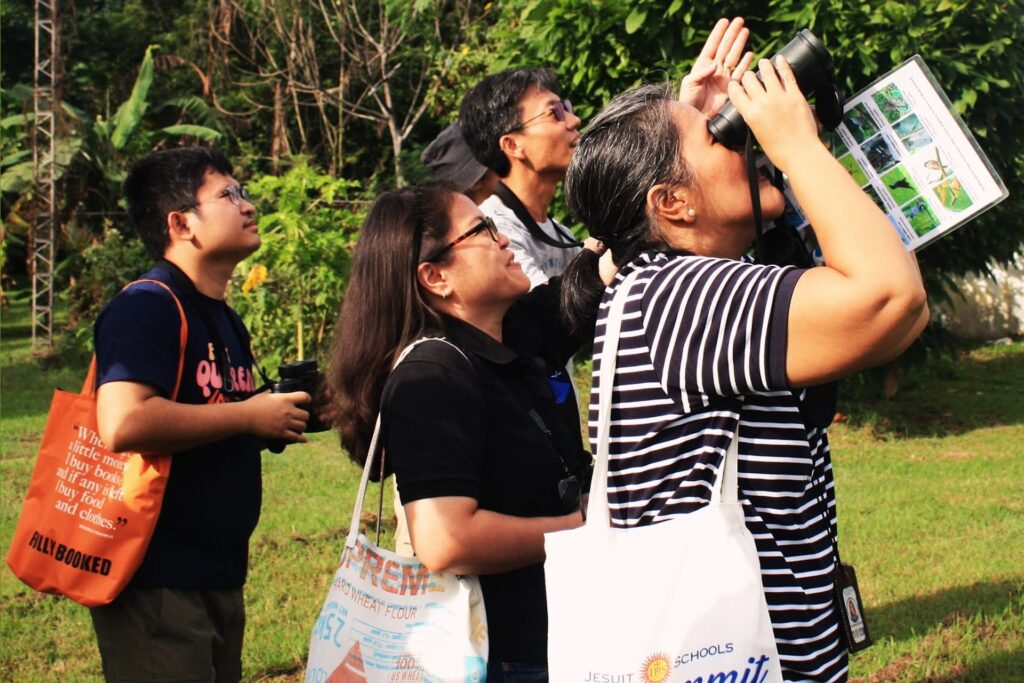In conjunction with World Water Day on March 22, the Reconciliation with Creation taskforce in Asia Pacific conference has called for Jesuits and collaborators to be more aware of our responsibility to the world that God created. The need to focus on water is clear as 2013 has also been declared by the United Nations as the Year of Water Cooperation.
The Global Ignatian Advocacy Network (GIAN) has identified water as a specific focus for collaboration under the Ecology Network coordinated by Fr Jose Ignacio Garcia SJ.
“Through Healing a Broken World, Fr General Adolfo Nicolás SJ asked Jesuits and our institutions to understand our relationship with our environment as both ecological and sacred, calling for greater responsibility and reconciliation,” said Fr Pedro Walpole SJ, Coordinator for Reconciliation with Creation.
Different experiences have emerged from the Ecology Network discussions and are being shared across all six Conferences. The experiences are commodification and privatization of water (especially US and Europe), desertification and lack of basic water needs (notably in Africa), flooding, extreme rainfall events (and climate change, Asia Pacific), arsenic poisoning (South Asia), and transboundary issues, rights and access, water pollution and contamination, (Latin America and elsewhere).
The Conferences, through the Social Apostolate, are exploring how to move with these particular concerns at a global level. Fr Jose Mesa SJ (Secretariat for Basic Education), for example, is seeking a common programme that can be offered globally to Jesuit high schools.
“The challenge is for all to network and cooperate to form a worldview of human development and care for creation,” said Fr Pedro.
He urges Jesuits and collaborators within the Jesuit Conference of Asia Pacific to work with others on water clean up, materials development for school activities and case studies in their area, to support the efforts of students and youth involvement in responsible water use, and to share with the Conference any initiatives or materials developed on water cooperation.
For more information, contact Fr Pedro Walpole SJ, Coordinator for Reconciliation with Creation for the Jesuit Conference of Asia Pacific, at pedroecojcap@gmail.com.







